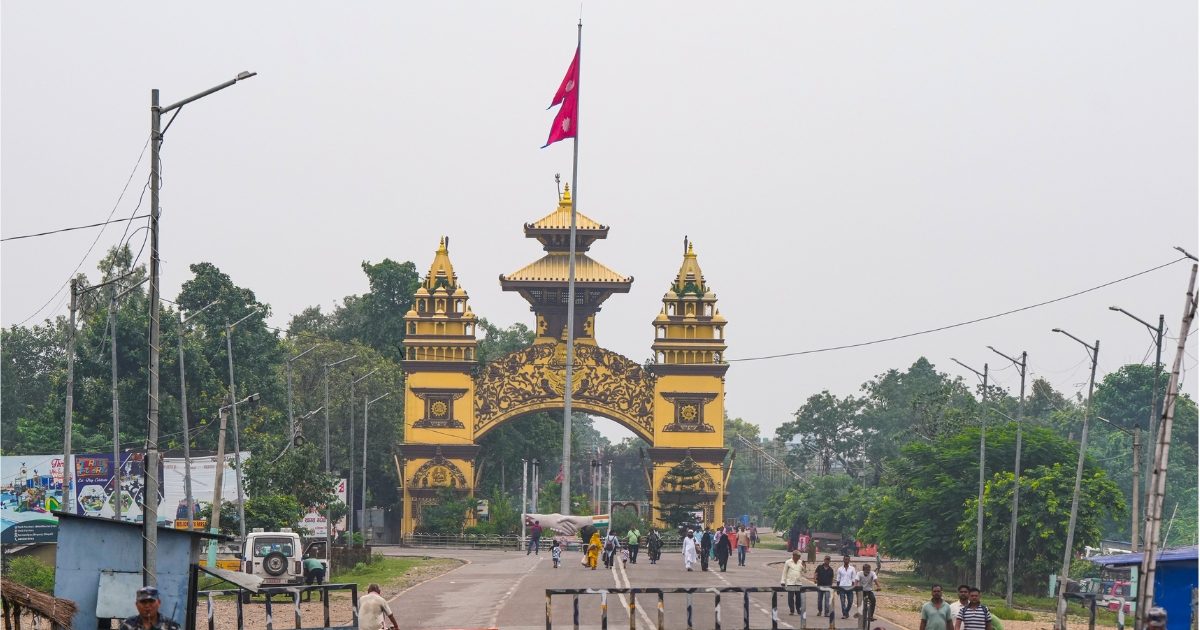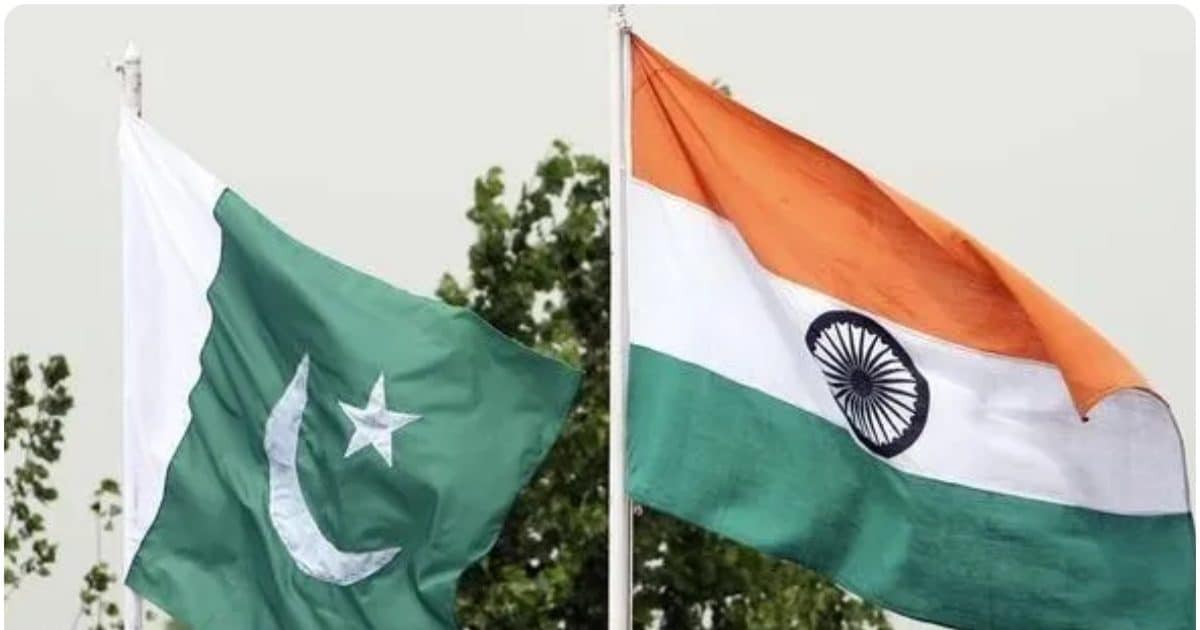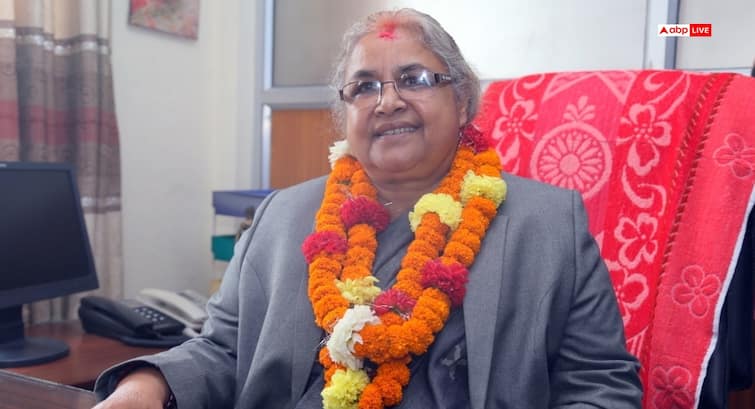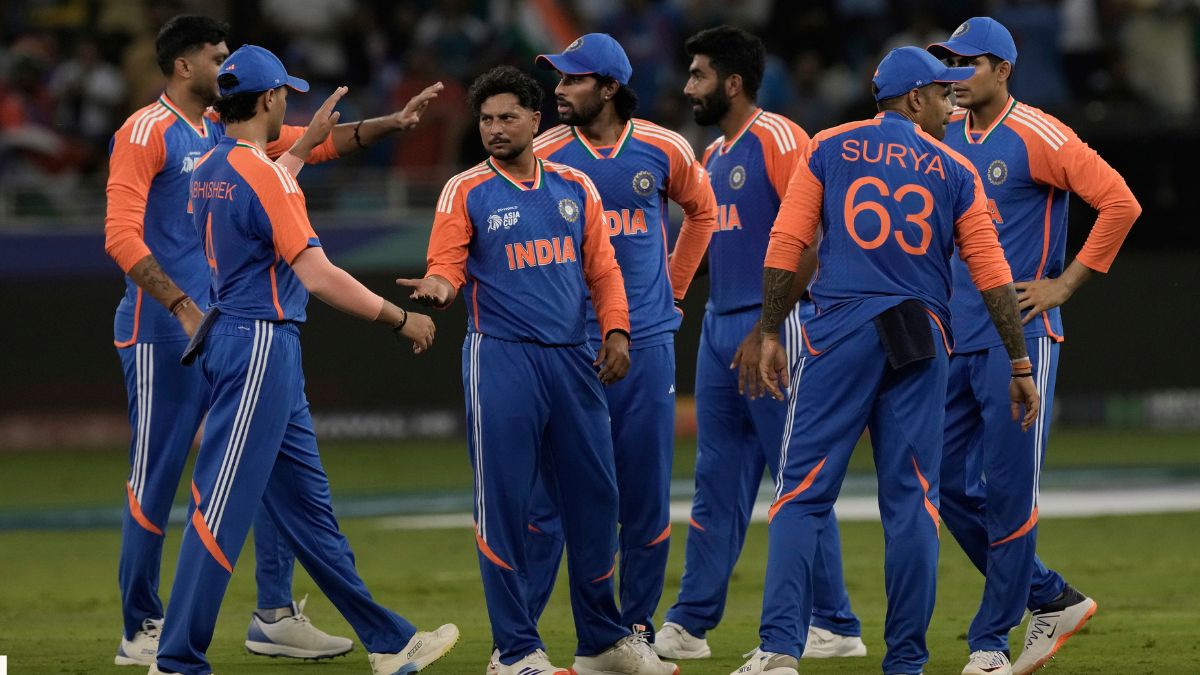The Karnataka government is planning a fresh Devadasi survey to identify survivors, assess their conditions and link them with welfare schemes. Here’s all you need to know about the purpose, scope and challenges of the initiative.
The Karnataka government is likely to begin a fresh survey of women associated with the Devadasi system from the first week of September. This long-pending exercise seeks to identify Devadasi women who have not yet been included in existing welfare and rehabilitation programmes. The last state-wide survey was carried out in 2008, during which more than 40,000 Devadasis were identified. Notably, the Devadasi system was officially banned in Karnataka in 1984.
What is the Devadasi system?
The Devadasi system is a centuries-old practice in which young girls were dedicated to temples and considered to be “married” to a deity or temple deity. Historically, Devadasis performed religious rituals, dance and music as a form of service. However, the system gradually degenerated into exploitation often pushing women into a cycle of poverty, social exclusion, and sexual abuse. Despite being legally banned under the Karnataka Devadasis (Prohibition of Dedication) Act, 1982, remnants of the practice still exist in some rural belts of Karnataka and neighbouring states.
Why a fresh Devadasi survey now?
As per reports, Chief Minister Siddaramaiah-led Karnataka government is set to initiate a new Devadasi survey to gain updated insights into the socio-economic status of women who were once dedicated under this system. The last comprehensive survey was conducted in 2008 and activists claim that many women remain unaccounted for in welfare schemes. With changing demographics, migration, and poverty levels, an updated survey is seen by the state government as essential for better policymaking.
Purpose of the survey
As per the state government officials, the fresh survey aims to identify the exact number of surviving Devadasis, assess their living conditions and ensure their inclusion in government welfare schemes. Authorities intend to focus on healthcare access, housing benefits, pensions, and livelihood support. The survey is also expected to map generational impact, as children of Devadasis often face discrimination and social stigma.
Scope and coverage
The state government reportedly plans to cover districts where the practice was historically prevalent, particularly in northern Karnataka regions such as Belagavi, Bagalkot, Vijayapura, Ballari and Koppal. As per details, officials are set to conduct door-to-door verification to ensure accuracy, and NGOs working in the field are likely to assist in data collection. The exercise will not only record numbers but also document stories of survival and resilience.
Challenges ahead
It is being said that conducting such a survey is not without hurdles, as many Devadasis may hesitate to reveal their identity due to stigma and fear of discrimination. Activists argue that proper sensitisation and trust-building measures are necessary to ensure that women come forward. Moreover, translating survey findings into actionable welfare programs will require strong political will and budgetary support.
What it means going forward
Experts believe that the survey, if successfully executed, could be a turning point in rehabilitating Devadasi women and offering them dignity and access to rights long denied. It is also expected to provide a clearer picture for policymakers to draft targeted social justice schemes and accelerate the process of eradicating the remnants of this system in Karnataka.































Leave a Reply